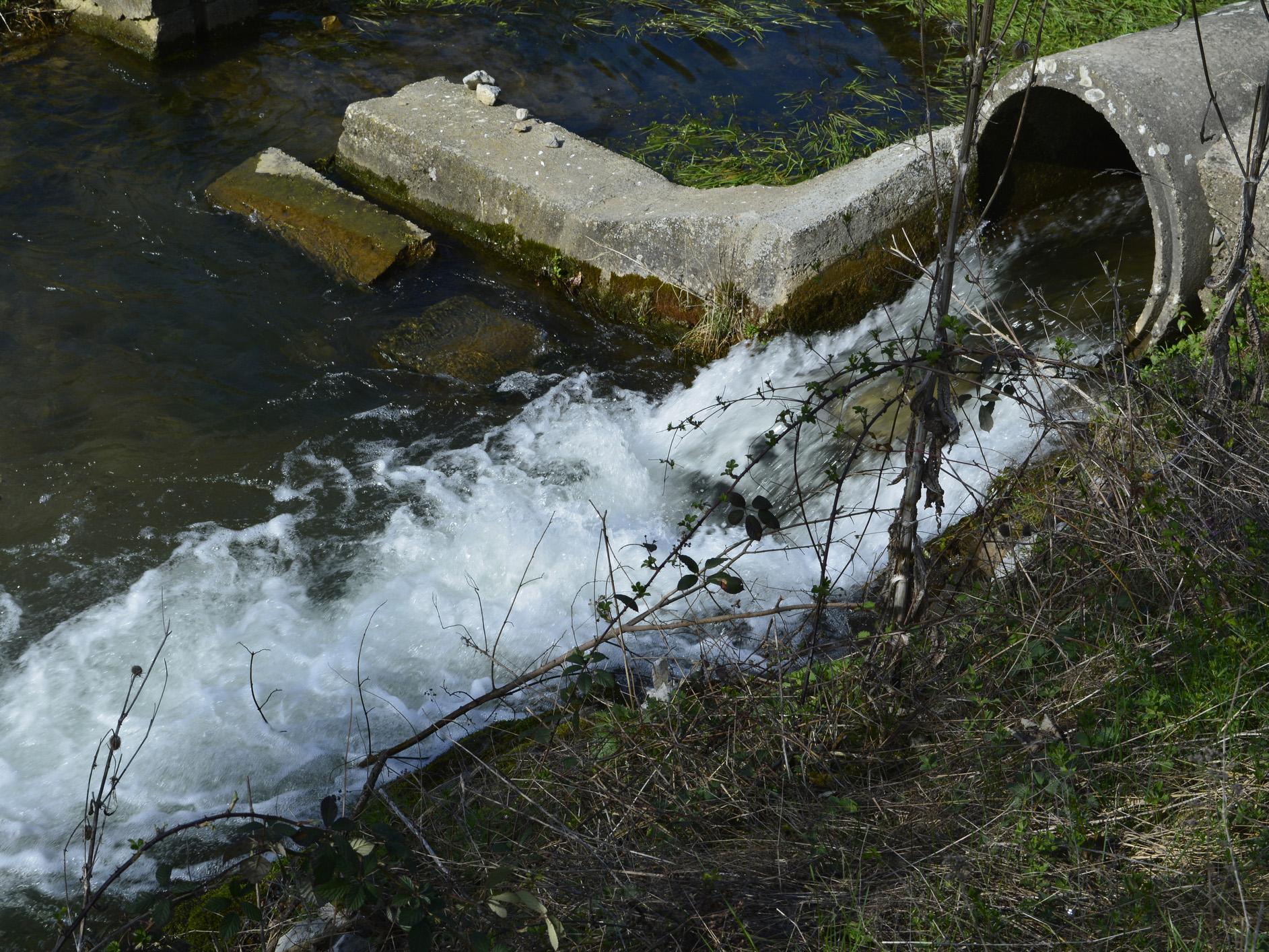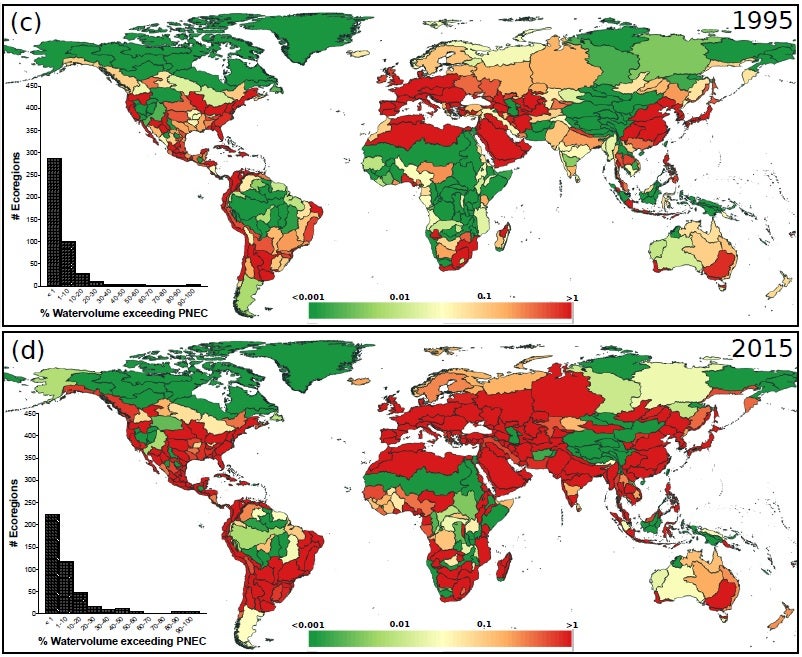Drug pollution in rivers reaching damaging levels for animals and ecosystems, scientists warn
The highest risk from pharmaceutical contaminants is in densely populated and dry areas such as the Middle East – yet ‘those are precisely the areas where there is little data’, researchers say

Your support helps us to tell the story
From reproductive rights to climate change to Big Tech, The Independent is on the ground when the story is developing. Whether it's investigating the financials of Elon Musk's pro-Trump PAC or producing our latest documentary, 'The A Word', which shines a light on the American women fighting for reproductive rights, we know how important it is to parse out the facts from the messaging.
At such a critical moment in US history, we need reporters on the ground. Your donation allows us to keep sending journalists to speak to both sides of the story.
The Independent is trusted by Americans across the entire political spectrum. And unlike many other quality news outlets, we choose not to lock Americans out of our reporting and analysis with paywalls. We believe quality journalism should be available to everyone, paid for by those who can afford it.
Your support makes all the difference.Medicines including antibiotics and epilepsy drugs are increasingly being found in the world’s rivers at concentrations that can damage ecosystems, a study has shown.
Dutch researchers developed a model for estimating concentrations of drugs in the world’s fresh water systems to predict where they could cause the most harm to the food web.
The study, published in Environmental Research Letters, focuses on two particular drugs: antibiotic ciprofloxacin and anti-epileptic drug carbamazepine.
Between 1995 and 2015 it found that rising concentrations of the drugs and the increasing number of water tables affected meant the risks to aquatic ecosystems are 10 to 20 times higher than two decades earlier.
Carbamazepine has been linked to disrupting the development of fish eggs and shellfish digestive processes, and the study found potential risks were most pronounced in arid areas with a few major streams.
The risks were much more widespread for ciprofloxacin, with 223 of 449 ecosystems tested showing a significant risk increase.
“The concentrations of this antibiotic can be harmful for bacteria in the water, and these bacteria in turn play an important role in various nutrient cycles,” said study author Dr Rik Oldenkamp, from Radboud University.

He added: “Antibiotics can also have a negative impact on the effectiveness of bacteria colonies used in wastewater treatment.”
More worrying still, when Dr Oldenkamp and colleagues compared their predictions to samples from four river systems they found their model was underestimating the risk.
Pharmaceutical residues can enter these fresh water systems through waste water from poorly maintained sewer systems, or from run-off over fields for drugs used in livestock.
This has become a global concern because of the risk of it accelerating the rate at which bacteria develop ways to resist treatments – rendering them ineffective when someone has a life-threatening infection.
“There’s little awareness of the role of the environment in this problem, even though it becomes increasingly clear that the environment functions as a source of resistance for various pathogens,” said Dr Oldenkamp.
There is also a risk to the natural world if drug concentrations build up and affect animal behaviour, or disrupt bacteria performing essential decomposition and oxygenation of the soil – processes which underpin life.
Europe and other developed regions have had long-term water-quality monitoring projects; but many of the areas most vulnerable to these impacts do not, and Dr Oldenkamp said this was where their study would prove most useful.
“Our model predicts a relatively high environmental risk for eco-regions in densely populated and dry areas such as the Middle East, yet those are precisely the areas where there is little data on pharmaceutical use and concentrations in surface waters,” he said.
Join our commenting forum
Join thought-provoking conversations, follow other Independent readers and see their replies
Comments